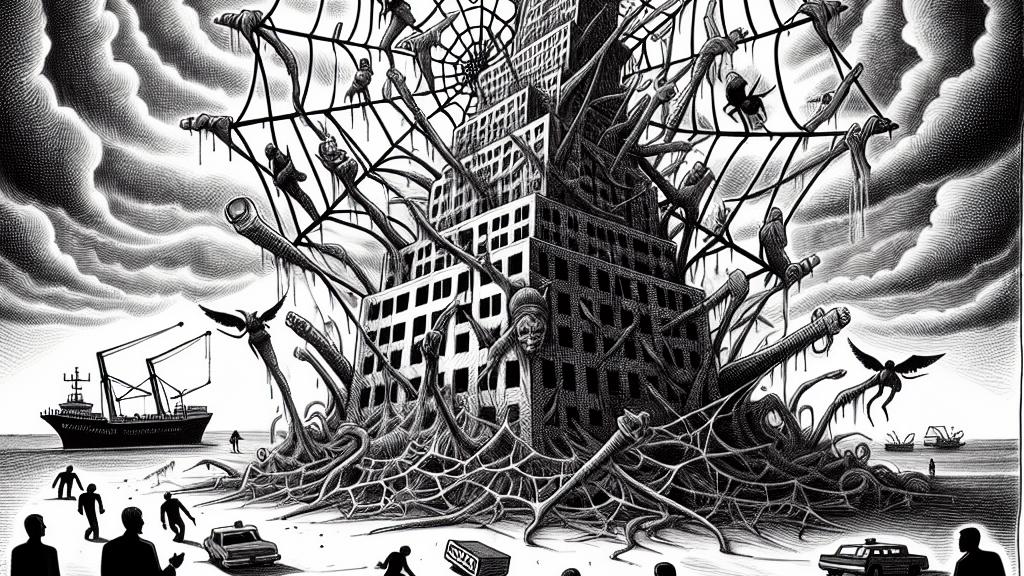What Happens When a Major TV Station Fails
Overview
- Intensifying public outrage stems from ongoing scandals at major TV stations.
- Local television stations' futures are increasingly risky due to reliance on larger networks.
- Streaming platforms are fiercely encroaching on the traditional TV advertising revenue.

The Scandal at Fuji TV
Fuji TV has recently found itself at the center of a storm, caught in a web of controversies surrounding notable personalities like Nakai Masahiro. This situation has left viewers feeling frustrated and disillusioned. Just think about it: a once-mighty media giant, battling not just public perception but also a potential financial crisis! As sponsors hastily withdraw their support, many speculate about the station’s future. Could this be a turning point? The excitement is palpable, as audiences watch anxiously to see how this drama unfolds. It’s a real-life plot twist that nobody saw coming!
Cultural Foundations of Japanese TV
For generations, people in Japan, especially in regions like Kanagawa, have revered TV networks such as Fuji, NHK, and TBS as cultural cornerstones. They felt as unyielding as the mountains—their presence was permanent. However, the thought of these institutions failing is now sending shockwaves through the hearts of many viewers. Picture your hometown disappearing overnight; that's how surreal this prospect seems. The unwavering dominance of these TV giants is being challenged, raising essential questions about their future role in media. Experts have begun to voice concerns over this vulnerability, and the nostalgic fear over what these changes might mean looms large.
Shift in Viewer Engagement
In this digital era, the way we consume media is experiencing a monumental shift, and the rise of streaming services is a significant catalyst. Families no longer gather around the television at a set time; instead, the allure of binge-watching on platforms like Netflix or Hulu has taken center stage. For example, previous primetime shows that once drew millions are struggling to maintain their audience amidst the surge of on-demand content. This major transition is placing unprecedented pressure on traditional broadcasters, as dwindling viewers contribute to a concerning decrease in advertising revenue. If this trend persists, we could very well find ourselves witnessing a major upheaval within the industry—a complete transformation of how we view television!
A Broader Implication for Media
The potential demise of significant TV networks like Fuji is more than a financial breakdown; it's an existential threat to the very fabric of Japanese media. Local television stations are intricately woven into the fabric of their communities, heavily relying on the content and sponsorship provided by major networks. If these key players falter, the consequences could be dire, akin to a domino effect that impacts local stations and their audiences alike. This scenario goes beyond mere business; it casts a spotlight on the changing dynamics of media consumption. As more viewers gravitate towards internet-based options, the future muse of information and entertainment is being reshaped. Indeed, the real question becomes: what will take the place of our beloved broadcasting institutions, and how will that reshape our media landscape?

Loading...